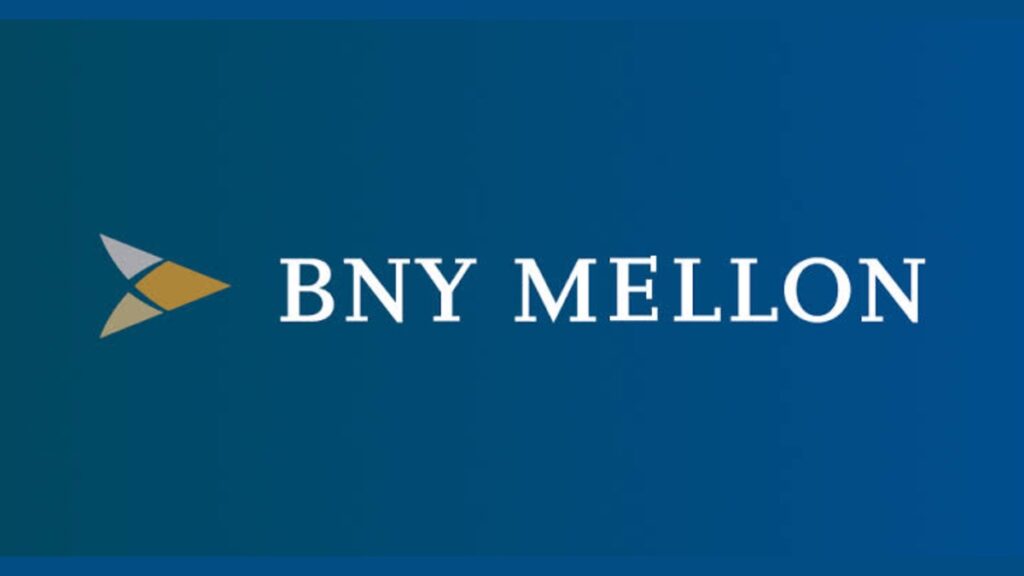With an exemption from a staff accounting bulletin from the SEC, BNY Mellon moved closer to custody of Bitcoin and Ethereum.

According to Bloomberg, BNY Mellon is preparing to offer cryptocurrency custodial services for Wall Street exchange-traded funds holding spot Bitcoin and spot Ether.
The report said that following an examination by the U.S. Securities and Exchange Commission’s Office of the Chief Accountant, the nation’s oldest financial institution took a step toward custody of cryptocurrency ETFs.
The assessment has given BNY Mellon an exemption from Staff Accounting Bulletin 121 (SAB 121), which means the bank is immune from having to account for customer cryptocurrency as a corporate liability.
This change in operations may make it possible for more conventional banks to protect cryptocurrencies, which have hitherto been out of reach for them.
Furthermore, Coinbase’s dominating position in the market may be challenged by BNY Mellon’s custody of BTC and ETH in cryptocurrency exchange-traded funds.
Most of Wall Street’s spot crypto ETFs, including funds established by $10 trillion investment manager BlackRock, are backed by digital assets held by Coinbase.
Since 2023, BNY Mellon has expressed interest in the market for cryptocurrency custody. During an earnings call in January of last year, CEO Robin Vince discussed digital assets as a component of the company’s long-term objectives.
According to researchers at Bloomberg, the $300 million cryptocurrency custody sector is expected to increase by 30% a year.
With an annual increase of almost $90 million, the sector’s worth might reach over $1 billion by 2032 if this growth rate keeps up.
However, regulatory scrutiny might hinder BNY Mellon’s development and foray into the cryptocurrency custodial market.
In a bicameral letter addressed to the SEC and three other agencies, lawmakers, including U.S. Representative Patrick McHenry and Senator Cynthia Lummis, mentioned private meetings held between SEC personnel and firms.
These sessions most likely covered SAB 121 exemptions, but it’s unclear if BNY Mellon included their review in what lawmakers claimed were dubious conversations.
